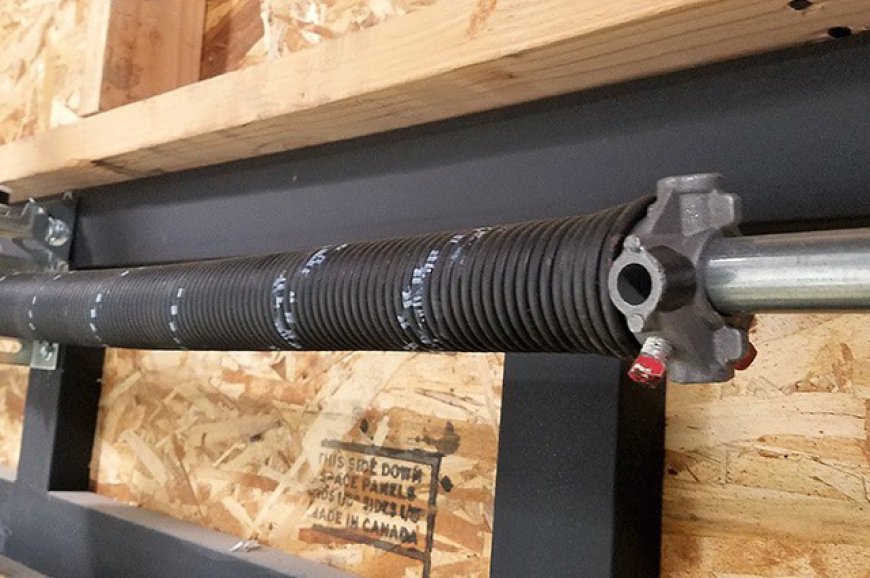Understanding Garage Door Springs: When to Repair or Replace
Learn when to repair or replace your garage door springs with our comprehensive guide. Identify warning signs, ensure safety, and explore professional garage door repair solutions.

Types of Garage Door Springs
Garage doors generally rely on two types of springs:
-
Torsion Springs:
These are mounted horizontally above the garage door and wind tightly when the door closes. They store energy that helps lift the door when opening. -
Extension Springs:
Located on the sides of the door, extension springs stretch and contract when the door moves. They are common in smaller or older garage doors.
Each type of spring comes with its own durability and maintenance requirements. Recognizing the difference is key to understanding how and when repairs may be necessary.
Signs Your Garage Door Springs Need Attention
Knowing the signs of a failing garage door spring can save you time and prevent potential accidents. Look out for the following:
-
Loud Noises or Snapping Sounds:
If you hear a loud bang, it may indicate that a spring has broken. Springs operate under high tension, so the sound is hard to miss. -
Difficulty Lifting the Garage Door:
A malfunctioning spring makes it difficult to open the door, either manually or with the garage door opener. -
Uneven Movement:
If the door opens crookedly or moves slower than usual, the springs may be unbalanced or worn out. -
Visible Wear and Rust:
Springs that appear rusted, stretched, or worn out are nearing the end of their lifespan. -
Garage Door Closes Too Quickly:
When a spring breaks, the door may slam shut, creating a safety hazard.
Repair vs. Replace: What Should You Do?
Deciding whether to repair or replace your garage door springs depends on the following factors:
-
Age of the Springs
On average, garage door springs last 7-10 years or about 10,000 cycles. If your springs are nearing this limit, replacement is usually the best option. -
Severity of Damage
Minor issues like slight rust can sometimes be repaired. However, if the spring has snapped or shows significant wear, replacement is the safer and more cost-effective choice. -
Type of Spring
Torsion springs are generally more durable and may be repaired in some cases, whereas extension springs are more prone to full failure and often require replacement. -
Safety Concerns
Garage door springs are under immense tension, and DIY repairs can be dangerous. If you're uncertain, always contact a professional for garage door repair services.
Why Professional Garage Door Repair Matters
While it may be tempting to fix garage door springs on your own, improper handling can result in injury or further damage. Professional garage door technicians:
- Have the right tools and expertise to handle high-tension springs safely.
- Can quickly identify whether repair or replacement is necessary.
- Ensure your garage door operates smoothly and safely.
Don’t take chances with your safety—schedule a professional garage door repair today to restore your door to peak condition.
Conclusion
Garage door springs are essential to the smooth operation of your garage door, but they wear out over time. By recognizing the signs of spring failure and acting quickly, you can avoid costly repairs and ensure the safety of your household. When in doubt, trust a professional to inspect, repair, or replace your garage door springs.
Need help with garage door repair? Contact a professional today to ensure your garage door works safely and efficiently.

 Alexkbizz
Alexkbizz